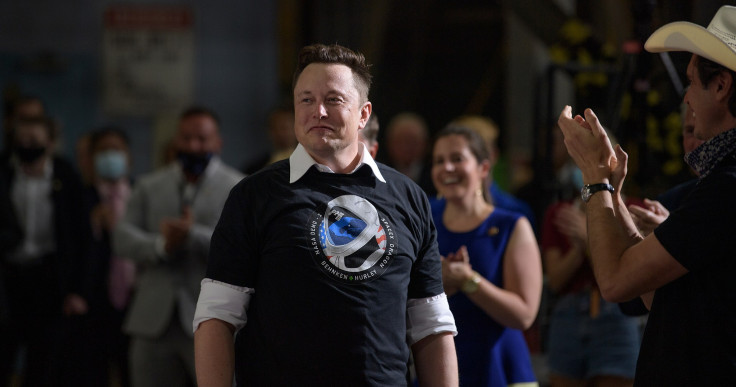OpenAI Fires Back at Musk, 'No Founding Agreement Existed'
Elon Musk alleges OpenAI broke agreement with GPT-4 release

OpenAI, in a legal filing, clarified that there was never a "founding agreement" regarding nonprofit status and keeping source code private, contrary to Elon Musk's claims.
OpenAI is sparing no effort to make money by selling its ChatGPT chatbot and other AI technology. Much to its chagrin, the Sam Altman-led AI startup is facing several lawsuits, including one from Elon Musk and copyright infringement claims from the New York Times and some authors.
Last week, OpenAI publicly responded to Musk's complaint by releasing internal communications, including emails from their founding days, which do not align with the billionaire's claims.
It isn’t clear to me how the OpenAI structure is legal at all.
— Elon Musk (@elonmusk) February 18, 2024
I was offered shares a various points, but it seemed unethical/illegal to accept them.
He sued the company he co-founded earlier this month, alleging a breach of their original agreement. Musk, who says he declined shares in OpenAI because it seemed unethical/illegal to accept them, claims the agreement was established in 2015 with him and two other co-founders, Sam Altman and Greg Brockman.
Elon Musk sues OpenAI over alleged nonprofit breach
According to Musk, the three founders agreed that the new AI lab would remain a nonprofit for the benefit of humanity. He also claims the agreement prohibited keeping information confidential for financial gain.
Musk further claims OpenAI violated their founding agreement by releasing the GPT-4 large language model last year. The X owner argues that the agreement required them to make scientific details about the model publicly available.
"There is no Founding Agreement, or any agreement at all with Musk, as the complaint itself makes clear," OpenAI said in a document on file with California's superior court for San Francisco County.
"The Founding Agreement is instead a fiction Musk has conjured to lay unearned claim to the fruits of an enterprise he initially supported, then abandoned, then watched succeed without him."
In an attempt to support his claims, Musk cited OpenAI's official creation document from 2015 filed with the state of Delaware. He argued that the document documented the alleged founding agreement. OpenAI, on the other hand, called Musk's lawsuit unfounded and denied the existence of a formal agreement.
In a recent blog post, the AI startup acknowledged the lawsuit's complexity but dismissed Musk's accusations as unimportant. The company requested the court to assign a specialised case manager due to the involvement of AI technology and the lawsuit's historical aspects spanning nearly a decade.
According to Musk's lawsuit, when OpenAI proposed becoming a for-profit company in 2017, he asked Brockman, Altman, and Ilya Sutskever, another co-founder, to choose between pursuing a separate venture for profit or continuing with OpenAI as a non-profit organisation.
"All this AI's have been trained on copyrighted data, OpenAI is lying when it says it is not using copyrighted data"
— Stephen Musk (Fan) (@Iam_StephenMusk) March 2, 2024
-Elon Musk on Sam Altman's OpenAI. pic.twitter.com/5tuMV5UWFI
In its court filing dated March 6, OpenAI claimed that during the discovery phase of the lawsuit, evidence would reveal Musk's agreement with the company transitioning to a for-profit structure.
"Seeing the remarkable technological advances OpenAI has achieved, Musk now wants that success for himself," OpenAI said in its filing. "So he brings this action accusing Defendants of breaching a contract that never existed and duties Musk was never owed, demanding relief calculated to benefit a competitor to OpenAI."
© Copyright IBTimes 2025. All rights reserved.






















